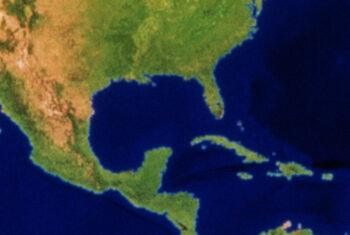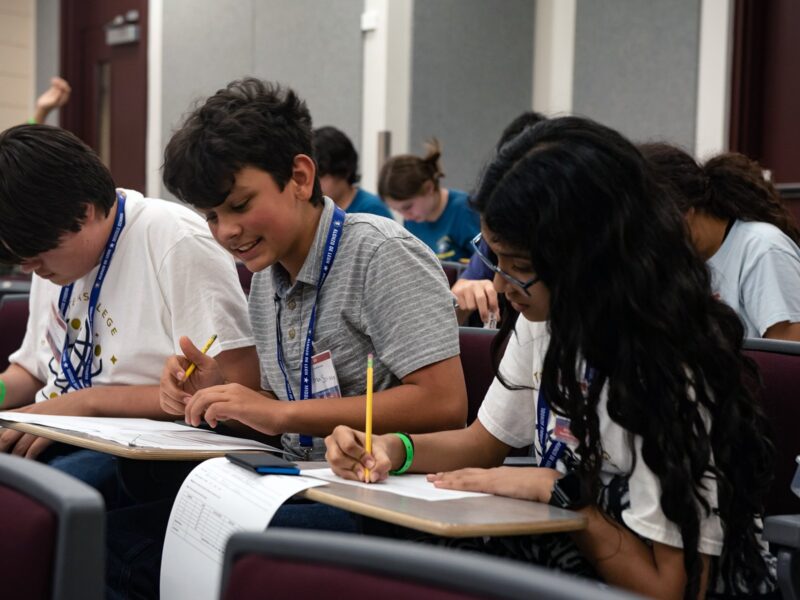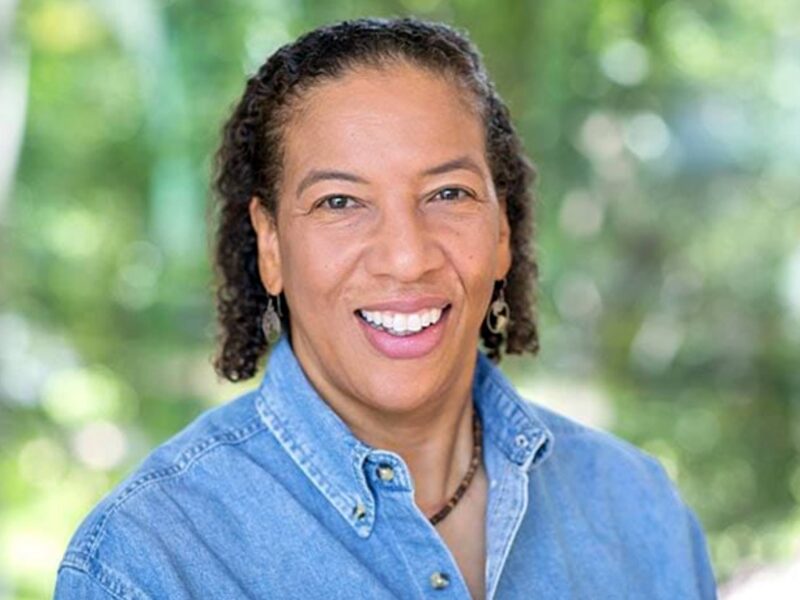Texas A&M Joins Expanded National Academies Gulf Scholars Program
Texas A&M University has been added to the newly expanded National Academies of Sciences, Engineering and Medicine Gulf Scholars Program (GSP) dedicated to the protection, preservation and prosperity of the Gulf of Mexico region.

Texas A&M, announced last week as one of five new GSP members, will be represented by the Department of Geography and the Department of Oceanography in the novel $12.7 million initiative, launched in fall 2021 as a pilot program of the broader National Academies Gulf Research Program (GRP) and aimed at preparing undergraduate students to address pressing environmental, health, energy, and infrastructure challenges in the Gulf of Mexico region.
In addition to Texas A&M, the third cohort includes Auburn University, Mississippi State University, Prairie View A&M University and the University of Florida.
Dr. İnci Güneralp, a professor in Texas A&M Geography, and Dr. Chrissy Wiederwohl, an instructional associate professor and associate head of Texas A&M Oceanography, will jointly lead the new colalborative program, known as the TAMU eNGAGE (Next Generation of Advocates for the Gulf Ecosystem) Gulf Scholars Program. In partnership with Texas A&M-Galveston, TAMU eNGAGE is a campus-wide initiative that will center its curriculum around three core pillars: justice, sustainability and resilience within the Gulf region, with the goal of empowering students to become catalysts for addressing present and future challenges in the Gulf.
Planning already is underway between the two departments within the College of Arts and Sciences, with undergraduate students set to begin participating in the program in the fall 2024 semester.
“We are thrilled about what the future holds for this new program at Texas A&M,” Wiederwohl said. “TAMU eNGAGE will provide comprehensive knowledge to systemic Gulf of Mexico challenges for undergraduate students across STEM and humanities disciplines through a two-year, multi-phase immersive learning experience featuring a learning community that draws upon diverse faculty expertise and a Gulf Impact Project.”
“TAMU eNGAGE utilizes place-based learning, civic learning and holistic student development, which collectively offer us a unique framework to prepare students to become future change agents with a critical consciousness of the Gulf ecosystem — from its lands to waters to communities — who can lead effective interventions in support of transitions to a more just, sustainable and resilient region,” Güneralp added. “It is our hope that TAMU eNGAGE will ultimately become a network of change agents through transdisciplinary collaboration and community, intellect and innovation, emotional intelligence and well-being, energy and commitment, and reflection and action.”
On a national level, GRP place-based education programs engage students and faculty from a range of academic disciplines to cultivate interdisciplinary knowledge and get students ready to take on challenges that lie at the intersections of social, environmental and energy systems. During the next five years, these programs are projected to graduate more than 250 students as Gulf Scholars and involve in excess of 6,000 other students, faculty and community members in program-related courses, events and activities.
This third cohort of schools joins a growing network encompassing 18 current programs that help students gain hands-on knowledge of environmental, energy and resilience issues facing the Gulf region. As part of the program, each student will complete a major research or creative project in partnership with a local or regional organization to support their work, helping these students develop critical skills.
“These excellent institutions are important additions as we continue to grow the Gulf Scholars Program,” said Karena Mothershed, senior program manager of the GRP’s Board on Gulf Education and Engagement. “The future of the Gulf region will be shaped by the vision, creativity and passion of the next generation of leaders, and this program is designed to provide them with the tools and inspiration to make it an even better place to live, work and thrive.”
The pilot phase of the program is planned to last through 2025. Each year, the GRP will select and fund a cohort of five-to-seven colleges and universities to establish a Gulf Scholars Program at their institutions and join the GSP network. By the end of the pilot phase, the GRP aims to involve more than 25 public and private universities, with an intentional focus on minority serving institutions.
Founded in 2013, the Gulf Research Program is dedicated to enhancing offshore energy safety, environmental protection and stewardship, and human health and community resilience in the Gulf of Mexico and other U.S. coastal regions.
To learn more about the TAMU eNGAGE Gulf Scholars Program, contact Güneralp or Wiederwohl directly.
Media contact: Grant Hawkins, ghawkins@tamu.edu





